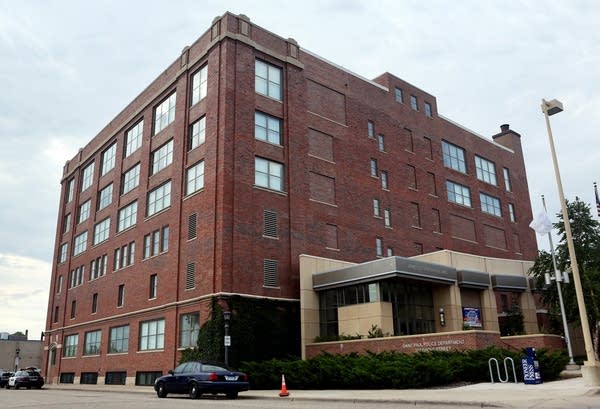Does law enforcement resist science?

The suspension of drug testing at the St. Paul crime lab in July amid allegations of shoddy science is forcing a debate in Minnesota about the science that's used in police work and investigations.
Specifically, researchers like criminal justice scholar David Harris from the University of Pittsburgh Law School have long questioned whether law enforcement, in general, resists science that might help them do their jobs more effectively. Harris will discuss this Thursday at the University of Minnesota Law School.
Ramsey County Attorney John Choi will also be on that panel. Choi was thrust into the St. Paul crime lab issue because it's his office that has to decide how to proceed with cases where mistakes are discovered.
Harris' perspective is that we all think police use science flawlessly because of shows like CSI. But Harris notes there's a lot of research about what's wrong with some of the ways police use - or don't use - better science. There are even problems with some of the basic elements of solving crime like finger-printing, interrogating and eyewitnesses.
BLOG: Do we do police lineups correctly?
Create a More Connected Minnesota
MPR News is your trusted resource for the news you need. With your support, MPR News brings accessible, courageous journalism and authentic conversation to everyone - free of paywalls and barriers. Your gift makes a difference.
